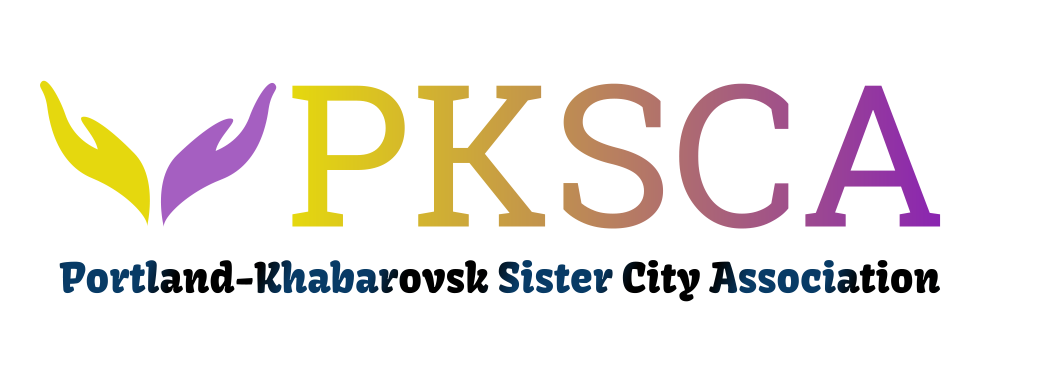By Thomas Benke
I purchased on old book, circa 1968, at an estate sale recently. The book was written for wilderness outfitters and their customers. It contained many helpful tips about thriving in the woodlands. For example, outdoorsmen (women were not mentioned) were advised to punch holes in the bottoms of discarded tin cans so that they will rapidly sink to the bottom of the lake when dumped there. And in a note of caution reminiscent of the contemporaneously written Silent Spring, outdoorsmen were warned to be careful when using DDT to control pests around camp because it could slow fishing since, after all, fish eat bugs. But what struck me hardest was the advice on what foods and tools were best suited for surviving the aftermath of a nuclear blast. As if nuclear war was survivable with a good axe and an ample store of dried meat and macaroni.
PKSCA’s origins are in citizen led protests against nuclear arms proliferation, aka Mutually Assured Destruction. Citizens like Dr. Earl Molander realized that common misconceptions about the arms race – rooted in the propaganda of a government dominated by the military industrial complex – needed to be corrected if the U.S. government were ever to change course. And change course it did when President Nixon finally came to terms with Premier Breszhnev, culminating in the START, START II and SALT treaties between the U.S. and Soviet Union.
The insidious lie of so-called “strategic” nuclear arms, and the recent abandonment of nuclear arms treaties in favor of short range ballistic missiles that, even though they may not be tipped with nuclear warheads, will inevitably elicit a nuclear response, are taking us in the wrong direction. It is time for a renewal of citizen to citizen discourse, between Americans and Russians, about these continuing defense issues.
